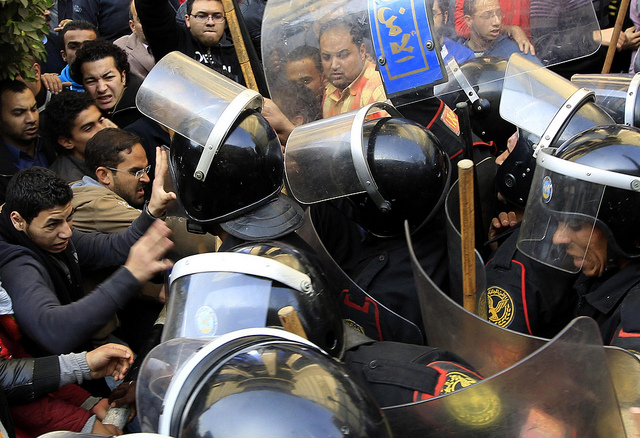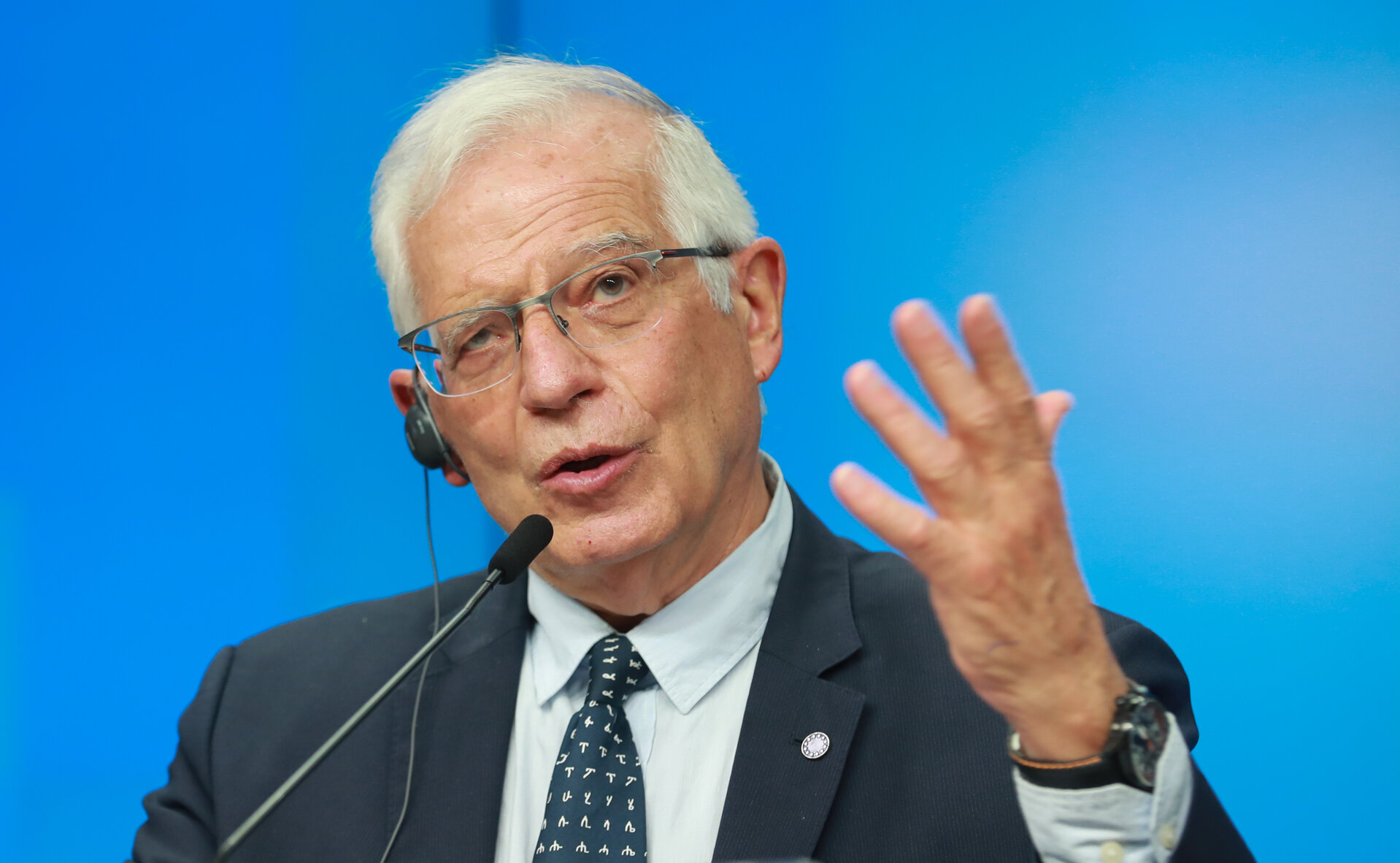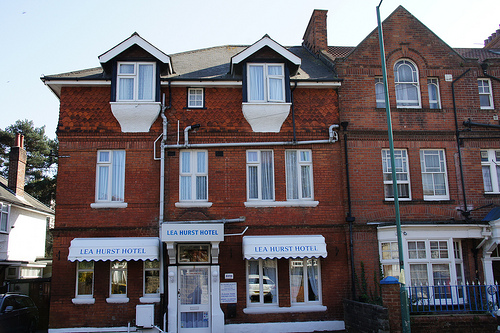The constitutional declaration has yielded unexpected results in the new democratic Egypt, which is still recovering from the former corrupted regime.
President Mohamed Morsi has expanded his authority through dismissing the judge of the Supreme Court in charge of collusion with the former regime’s officers. Morsi has also decreed new rules including the constitutional declaration and constitution draft which provide political immunity for the president.
The question is why has the president chose to do this now, despite the fact he has only been in power for six months? Furthermore what are the political aims in selecting such a sensitive time?
On November 22, and in an accelerated step which is considered by political analysts very early compared with the current situation in Egypt, Morsi decreed a range of legislation which led to an outburst of rage throughout Egypt, splitting the country into two ideological teams.
Morsi emphasised that Egypt is in dire need of a temporary constitution in order to prosecute the corrupted official from the former regime and transitional administration. Also, he ordered a referendum in the middle of December over the constitution draft in order to understand the nation’s attitude.
Unfortunately, these decrees made parties classified as liberal and secular confront with Islamic powers which comprise the brotherhood party and so-called Islamic radical parties.
What is more, the opposition found the status quo something like, or close to, a golden chance to put pressure on the president who represents the brotherhood party. Thus, the leaders of opposition including Saied Al Badawi, the leader of Al Wafd party, Mohamed Al Baradie, the leader of Al Dastoor Party, and Hamden Sabahy and Amro Mossa, the former presidential candidates, marshaled their supporters in Al Tahrir square demanding to revoke the constitutional declaration and the constitution draft.
Mohamed Abdul Al Salam, the chancellor of Al Azhar (A mosque which is considered as the highest Islamic authority in Egypt) said that this constitutional declaration guarantees the Egyptian rights in a civilian state where people can find freedom and justice without prejudice, but if it is going to destabilize the stability of Egypt, it had better to be avoided.
In contrast, the former regime’s prime minister and former Presidential candidate said: “I refuse this constitution which influence the independence of jurisdiction, silent the journalism, not equal between men and women and do not respect the church.’’
The wonderful paradox is that all those political opponents contributed significantly with the Muslim Brotherhood to remove the Mubarak’s regime, but now all of them are plunging into ideological disagreement.
The attempts of the president to reassure his opponents did not get a positive reaction, particularly with the continuation of demonstrations which reached the presidential Palace. And in a dangerous development, not only did the protesters demand to revoke the presidential decrees, but also to change the president himself.
Being in a dangerous situation, the president Mohamed Morsi decreed a new constitutional declaration on December 9, and has revoked the first controversial declaration which led to an escalating political climate in Egypt. Despite this, the opposition is still dubious towards this decision.
Many questions now arise as to whether there are hidden external interventions, especially from the USA or from the Gulf Cooperation Council. Hillary Clinton, US Secretary of State, announced that there is no interest for the USA in destabilising Egypt. This positive attitude can be attributed to Morsi’s role in reaching a ceasefire agreement in the last Gaza war between Israel and Hamas, but simultaneously, it could be argued that some countries from GCC might be involved in current tension. This is mainly due to some formal officials that had explicitly announced their aggression to the Muslim brotherhood ideology. Dahi Khalfan, the Dubai Police chief, for instance, said previously that the Muslim Brotherhood is a real danger in the Arab World, and pledged to oppose them and decrease their aspirants.
On the other hand, it seems an irreplaceable opportunity for the former regime proponents to gain a foothold through destabilising the brotherhood’s fragile government and encouraging their opponents to go further in their opposition.
The key question is whether the opposition has the ability to go further and force the president to change his opinion or even to change him completely?
Dr Nael Shama, a political researcher, specializing in the international relations of the Middle East said: “The possibility of unseating President Morsi remains small. The majority of the protestors are not in favour of this outcome, at least for the time being.”
”The protesters want to see the Constitutional Declaration and the constitution draft revoked. The president may well do this, but may formulate a face-saving formula that would satisfy the protesters but maintain his legitimacy at the same time. Alternatively, the president may decide to take the risk of continuing with his current plan. This will further aggravate the protestors and deepen the already existing social division’’, he added.
Suffice to say, the key solution is in Morsi’s hands. Only he can call the opposition for a political dialogue and revoke his decisions in order to decrease the tension, but any insistence on the current complex attitudes might exacerbate the Egyptian situation. Also, this political crisis gives indication of the extent to which the nascent democracy in so-called Arab Spring states are weak, especially with some demands which asked the voted president to leave. However, it could be argued that such a phenomenon is the natural situation for a country which transfers from a totalitarian era to a democratic state.
Main image credited to oxfamnovib








